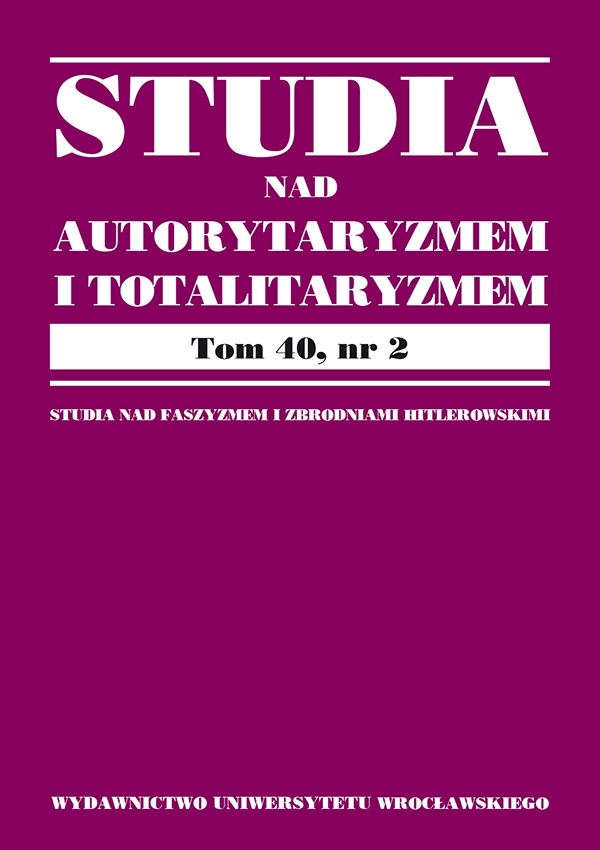

Artykuły

The aim of the paper involves presentation and evaluation of the concept of totalitarian democracy, which is to be found in the works of the libertarian political philosophy proponents: Murray N. Rothbard and Hans-Hermann Hoppe. In the course of our analysis, the author formulates following tenets. Firstly, although libertarian thinkers do not employ the expression „totalitarian democracy” themselves, that notion can be successfully identified in their writings. To Rothbard and Hoppe democracy — including the liberal one — is a totalitarian system by nature. It is supposed to stem from democratic regime’s lust for taking control over all aspects of individual’s life in libertarian terms: all aspects of the use of private property, as well as from the inherent fallacies of liberal safeguards, designed in order to protect democracy from degradation to mere tyranny of majority, such as the rule of law, constitutionalism, and checks and balances principles. Secondly, in author’s judgement, however Rothbard’s and — in particular — Hoppe’s critique of democracy should be considered consistent with libertarian ideals, it appears to a certain extent exaggerated also in their light.